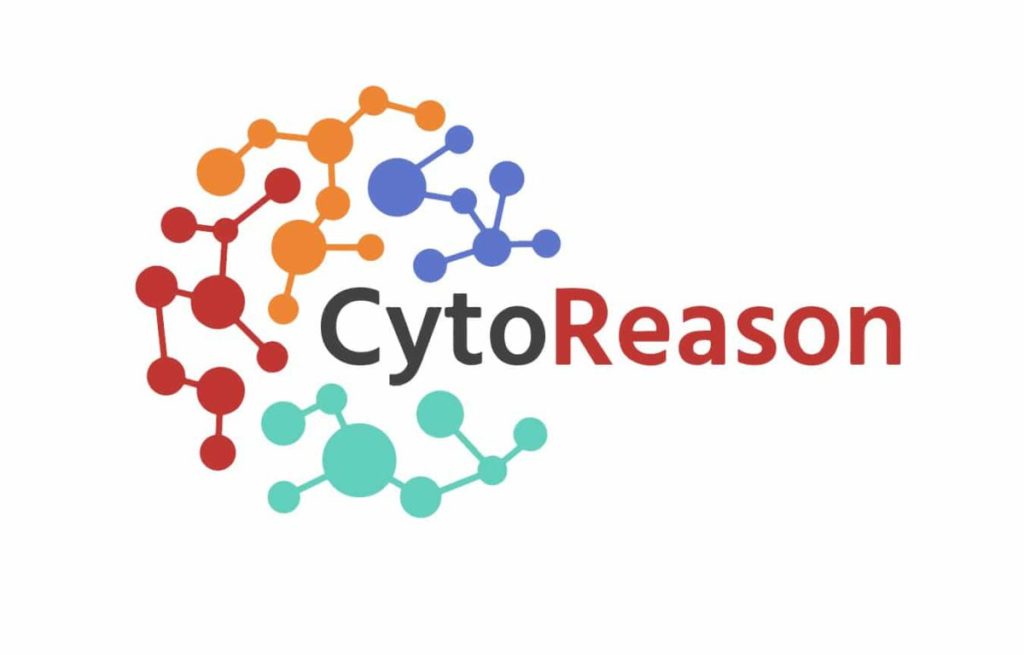Pfizer, the pharmaceutical giant, is now a household name, thanks to developing one of the leading vaccines against COVID-19.
Now, an Israeli startup will help the New York-based firm produce the next generation of drugs more efficiently and effectively — whether that’s a booster shot against the novel coronavirus or an entirely different class of drugs.
CytoReason has a machine-learning platform that essentially serves as a “GPS for the immune system.” For Pfizer, that means aggregating data from sources including in-house data, clinical studies and the large body of published research on the immune system.

Just as a GPS traffic app helps find the fastest route home, Pfizer scientists can use CytoReason’s machine-learning model to uncover insights into the biology of autoimmune diseases, suggest new drug targets and identify patients who may benefit the most from a certain medicine.
CytoReason’s technology can uncover critical information on immune functioning down to the molecular level. With the estimated cost of developing a new FDA-approved medicine at $2.6 billion, its focus has enormous real-world implications.
“We believe that CytoReason’s platform has the potential to offer valuable insights that may be applied to our research into the human immune system,” said Michael Vincent, Chief Scientific Officer, Inflammation & Immunology, Pfizer. “Leveraging technologies such as this can help us understand disease, prioritize targets and support our mission of bringing innovative new therapies to patients who need them.”
CytoReason has relationships with three of the world’s eight largest pharmaceutical companies and has collaborated with British multinational GlaxoSmithKline and the Parker Institute for Cancer Immunotherapy. CytoReason has a partnership with Summit Pharmaceuticals of Japan.
CytoReason has “one of the world’s largest libraries of human molecular data and a platform to make that data accessible and useful,” the company says. “CytoReason’s cell-level models are used by some of the largest pharmaceutical companies, enabling them to discover and develop the right therapies for the right patients, at the right time.”
Founded in 2016 by researchers and scientists from the Technion – Israel Institute of Technology, the company’s technology has yielded five pending patents, 10 commercial and scientific collaborations, and 17 peer-reviewed publications.
(Edited by Fern Siegel and David Martosko)
Israeli AI to help Pfizer develop its next drugs appeared first on ISRAEL21c.
The post New Startup Helps Pfizer Create More Effective, Targeted Drugs For Patients appeared first on Zenger News.



